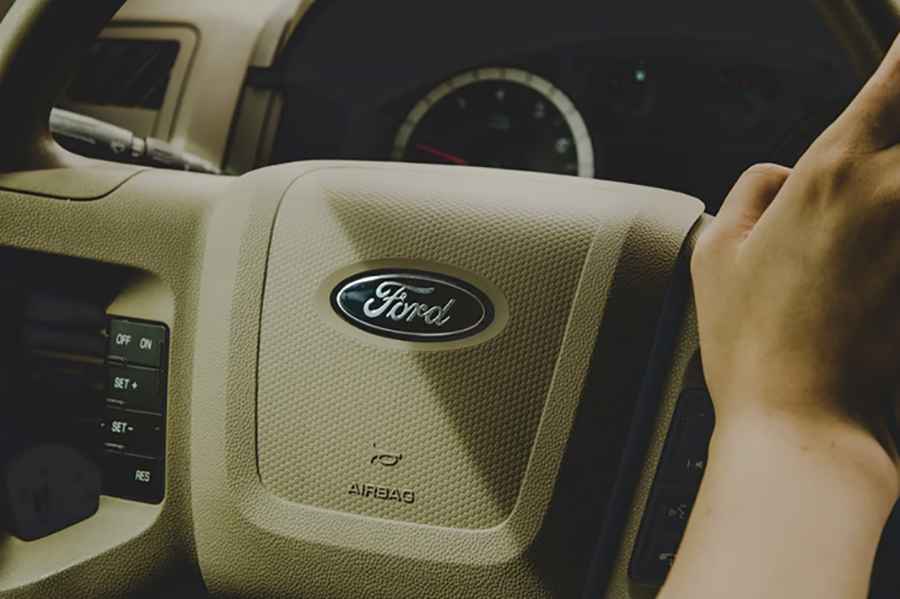Leasing vs. Buying: Which Option Is Right for Your Next Car?
When it comes to acquiring a new car, the decision to lease or buy is one of the most significant choices you’ll make. Both options come with distinct advantages and drawbacks, and understanding these differences can help you determine which path aligns best with your needs, financial situation, and lifestyle. Here’s an in-depth comparison to help you decide whether leasing or buying is the right option for your next vehicle.

Leasing: Flexibility and Lower Initial Costs
Leasing a car often appeals to those seeking lower monthly payments and reduced upfront costs. With a lease, you essentially rent the vehicle for a set period, typically two to three years, while paying for its depreciation rather than its full value. This arrangement allows you to drive a new car with the latest features at a fraction of the cost of ownership.
Leasing also provides flexibility for individuals who prefer to change vehicles frequently. At the end of the lease term, you can return the car and lease a newer model, avoiding the hassle of selling or trading in. This makes leasing an attractive choice for people who enjoy staying up-to-date with the latest automotive technology and designs.
However, leasing comes with mileage limits, which can incur additional fees if exceeded. It’s important to assess your driving habits before committing to a lease, as those with long commutes or frequent road trips may find these restrictions challenging.
Buying: Long-Term Value and Ownership
For those seeking long-term value and the freedom of ownership, buying a car may be the better option. When you purchase a vehicle, either outright or through financing, you have the opportunity to build equity over time. Once the loan is paid off, the car is yours to keep, sell, or trade-in without restrictions.
Owning a car also eliminates concerns about mileage limits or wear-and-tear penalties, offering more flexibility for how you use the vehicle. Additionally, purchased cars often have lower overall costs in the long run, especially for those who plan to keep the vehicle for many years.
However, buying typically requires a larger upfront investment, including a down payment, taxes, and registration fees. Monthly payments may also be higher than those for a lease, depending on the financing terms. Furthermore, owning a car means you are responsible for maintenance and repair costs as the vehicle ages.
Cost Considerations: Monthly Payments and Total Expenses
The financial aspect of leasing versus buying is a critical factor for most individuals. Leasing generally offers lower monthly payments compared to financing a purchase, as you’re only paying for the car’s depreciation during the lease term. This can free up cash flow for other expenses or investments.
On the other hand, buying a car may require higher monthly payments, but these payments contribute to building equity. For those concerned about affordability, exploring flexible car loan solutions can make purchasing a vehicle more manageable while still offering the benefits of ownership. Over time, owning a vehicle becomes more cost-effective as you eliminate monthly payments and avoid leasing fees.
When comparing total expenses, consider factors such as insurance premiums, maintenance costs, and potential lease-end charges. Leasing often includes coverage for basic maintenance during the lease term, whereas buying leaves these costs entirely in the owner’s hands.
Lifestyle and Usage Patterns
Your lifestyle and driving habits play a significant role in determining whether leasing or buying is the better choice. Leasing is ideal for individuals who prioritize driving a new car every few years and don’t mind adhering to mileage limits. It’s also a good option for those who value predictability in monthly expenses, as lease agreements often include maintenance and warranty coverage.
Conversely, buying suits those who drive extensively or plan to keep their car for an extended period. If you frequently travel long distances or need a vehicle for rugged use, ownership eliminates concerns about mileage restrictions and potential lease penalties for excessive wear and tear.
Families or individuals seeking customization options may also prefer buying, as leased vehicles typically cannot be modified. Whether it’s installing new features, upgrading parts, or personalizing the design, ownership gives you the freedom to make a car your own.
Resale Value and Depreciation
Depreciation is an unavoidable aspect of car ownership, but its impact varies depending on whether you lease or buy. When you lease, depreciation is factored into the agreement, and you don’t have to worry about the vehicle’s resale value. At the end of the lease term, you simply return the car and avoid the risk of losing money on depreciation.
In contrast, purchasing a car means you bear the full brunt of depreciation. New vehicles lose a significant portion of their value within the first few years, which can be a disadvantage if you plan to sell or trade in the car shortly after buying it. However, those who keep their vehicles for a longer duration may find that depreciation becomes less of a concern over time.

Tax Benefits and Business Use
For individuals or businesses considering vehicles for work purposes, leasing often provides tax advantages. Monthly lease payments may be deductible as a business expense, depending on the percentage of time the car is used for work. This can make leasing a more appealing option for professionals or entrepreneurs.
While buying a car also offers potential tax benefits, such as deductions for depreciation and mileage, these benefits are typically spread over several years. Consulting a tax professional can help determine which option provides the most financial advantage based on your specific circumstances.
Deciding whether to lease or buy a car ultimately depends on your financial situation, driving habits, and long-term goals. Leasing offers flexibility, lower monthly payments, and access to newer models, making it an excellent choice for those who prioritize short-term convenience and frequent vehicle updates. Meanwhile, buying provides ownership, long-term value, and freedom from restrictions, making it ideal for those seeking a long-lasting investment.
By carefully evaluating the pros and cons of each option and considering your unique lifestyle, you can make an informed decision that aligns with your needs and preferences. Whether you choose to lease or buy, the right choice will ensure you enjoy your next car with confidence and peace of mind.